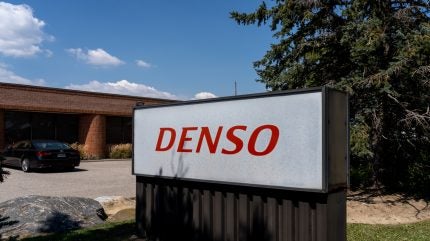
Denso has recently entered into a memorandum of understanding (MOU) with Finnish company Canatu to advance the practical use of carbon nanotube technology.
This collaboration will leverage the unique properties of carbon nanotubes to advance autonomous driving capabilities and achieving carbon neutrality.
The evolution of autonomous driving necessitates vehicles to have clear and unobstructed visibility through cameras and sensors. Denso is addressing visibility issues, such as frost and condensation, by developing transparent conductive films using carbon nanotube technology.
Carbon nanotube are lightweight, strong, and offer good electrical and thermal conductivity, making them ideal for various applications.
It facilitates the “efficient” production of “high-purity” carbon nanotubes and specialises in the formation of transparent conductive films.
In April, the companies developed a reactor at Canatu’s Finland facility, boosting carbon nanotube productivity.
They are also collaborating on transparent heaters for vehicle cameras and windshields.
Going forward, Denso and Canatu aim to commercialise these heaters and expand their use in environmental technologies, contributing to carbon neutrality.
Denso and Canatu will focus to will work together to improve manufacturing equipment and processes, ensuring the quality required for mass production.
They will explore the development of a “global supply chain” to ensure the stable and consistent delivery of “high-quality” products.
In September, Denso and semiconductor company ROHM announced an agreement to explore a strategic partnership in the semiconductor field.
The two companies, already collaborating on semiconductor trade and development for automotive applications, aim to ensure a stable supply of highly reliable products.
To strengthen this partnership, Denso will acquire a stake in ROHM.








